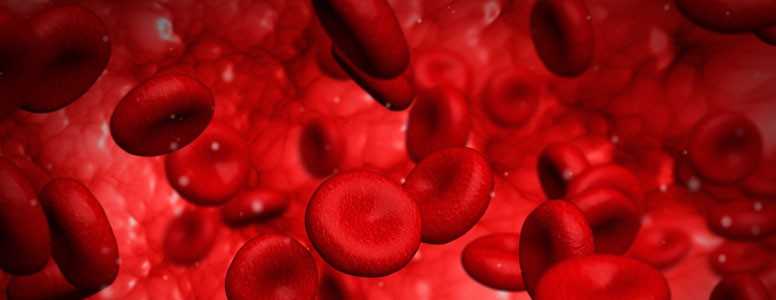A new study, led by the University of Cambridge, has revealed that a newly identified variant in a particular gene often carried by obese patients can influence food preferences.
The field of DNA profiling is booming and researchers make new discoveries on the role of epigenetics in metabolic health almost every day.
For example, until now, scientists only knew of a few genetic influences driving different eating behaviours and food choices.
In this study, researchers have discovered one more, a mutation in the obesity-associated MC4R gene which leads people who carry it to have an increased preference for high fat food and a decreased preference for carbohydrates.
This gene is well studied. It is estimated that different known variants in the MC4R gene already account for six to eight per cent of obesity cases.
MC4R codes for a protein called melanocortin 4 receptor. Previous mice studies conducted by the researchers have shown that a disruption in melanocortin signalling provoked by the genetic mutationgenetic mutation leads to an increase in food consumption away from sugary foods and towards a high fat diet.
Melanocortin signalling is part of an evolutionary network in the brain circuits that regulate food intake. In one specific brain pathway, neurons that respond to the satiety hormone leptin in the hypothalamus wire with other neurons that express MC4R to control eating behaviour in response to diet changes and meal consumption.
In their latest study, published in the journal Nature Communications, the researchers show that this particular mutation of MC4R seen in rodents may have the same effect in humans.
Obese (for whom this gene defect is common) and lean participants were first given an all-you-can-eat buffet of a popular type of curry, called chicken korma, whose nutritional value was manipulated to have either 20, 40, or 60 per cent of its calories coming from fat.
After taking a small taster of each meal, people were allowed to eat freely from any of the three kormas.
Researchers found that, although it wasn’t possible to tell the difference between the kormas, those who carried a defective copy of the MC4R gene ate 65 per cent more of the high fat korma than obese individuals without the mutatio, and almost double the amount of food than lean individuals.
In a second arm of the study testing the effect of the genetic variant on sugar consumption this time, the participants were given Eton mess, a dessert made of a mixture containing strawberries and broken meringue.
Three options for the Eton mess were served, one relatively low in sugar (eight per cent), another with a medium to high amount of sugar (26 per cent), and a very high sugar variation of the dessert (containing 54 per cent of sugar).
Lean and obese individuals consumed more of the very high sugar Eton mess while those with the defective MC4R gene ate significantly less of it, compared to the other participants.
One in 100 obese people have a defect in the MC4R gene, which, based on these results, could make them more likely to prefer high fat foods over high sugar foods.
What's new on the forum? ⭐️
Get our free newsletters
Stay up to date with the latest news, research and breakthroughs.





